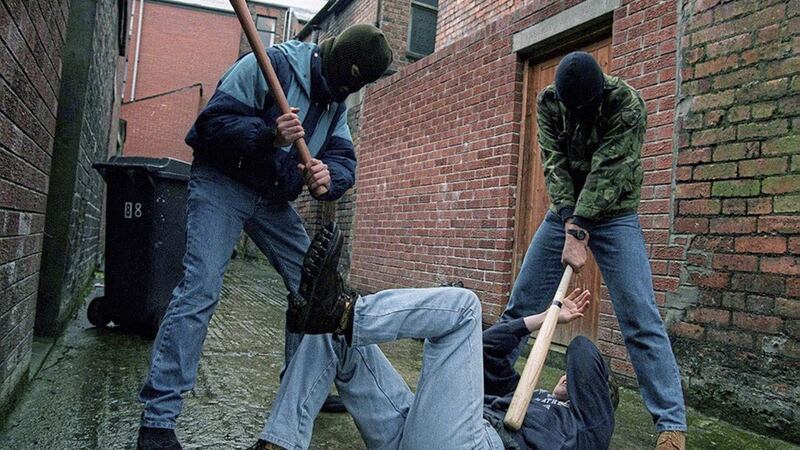Sinn Féin’s Mitchel McLaughlin was a refrigeration engineer at the time of the 1974 Ulster Workers’ Council (UWC) Strike, which led to the collapse of the north’s first power-sharing executive.
In 2015, he became the first nationalist speaker of the assembly.
Speaking to The Irish News, Mr McLaughlin said republicans had not been intimidated by loyalists but Harold Wilson and Merlyn Rees, British prime minister and secretary of state “definitely had been”.

He recalled: “Republicans were not invested in defending Sunningdale because there was no mention of self-determination. It was about power-sharing between whatever sort of elites there were within nationalism and unionism.”
What stood out for Mr McLaughlin about the strike was the “spectacle” of the British government and political leaders including, William Craig (Unionist Vanguard), Brian Faulkner (Ulster Unionist Party) and Ian Paisley (DUP) sitting down UVF and UDA.
“This was in the context of the Dublin and Monaghan bombings and the sectarian murder campaign carried on during the strike,” said Mr McLaughlin.
“Yet constitutional unionism was having head staggers at the idea of Sinn Féin supporting the IRA.
“At the end of the day, those people criticised anyone who was part of the UWC Strike. They are almost celebrated, which was reflected then in the loyalist murder campaigns that went on for decades afterwards, with guidance from British military intelligence.”
Having already lost two of his apprentices - Eugene McGillen had been shot dead by the British army in March 1972 and Danny Harkin was in jail - Mr McLaughlin described his card as having been marked.
“Travelling anywhere in the north was difficult at that time but here was a definite added complication during the UWC Strike. You could very easily, especially in the Waterside, have run into the loyalist roadblocks and their wasn’t that much difference between the loyalist roadblocks and RUC or British army roadblocks. It wasn’t worth getting killed for,” he said.








